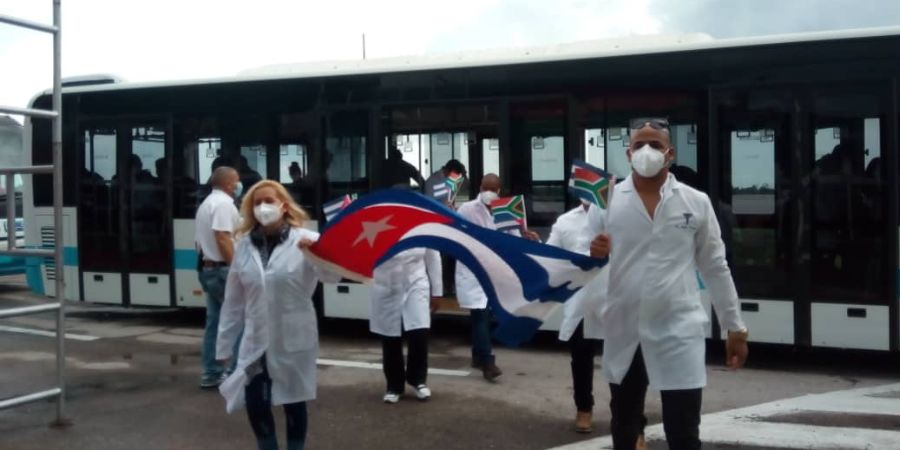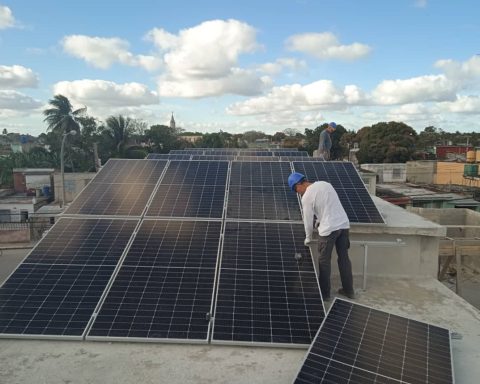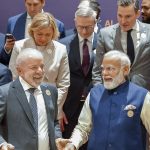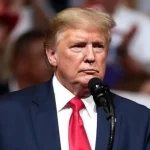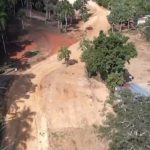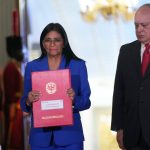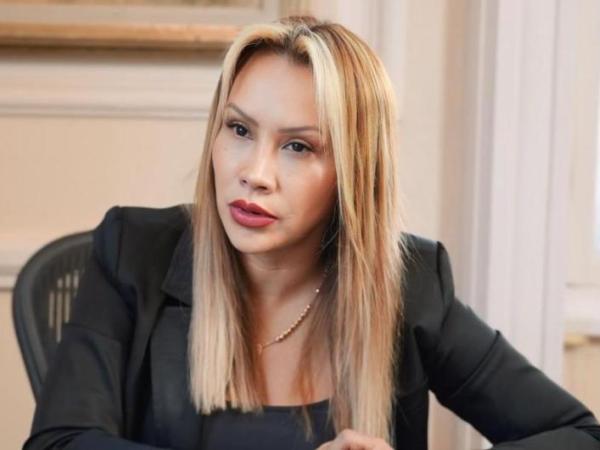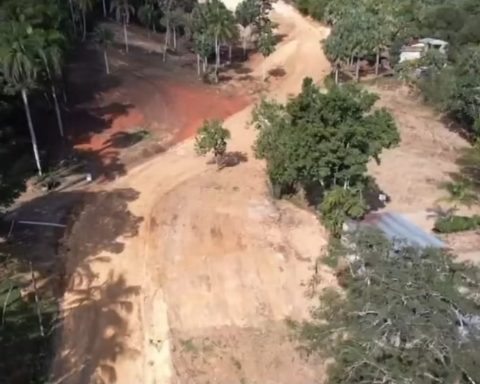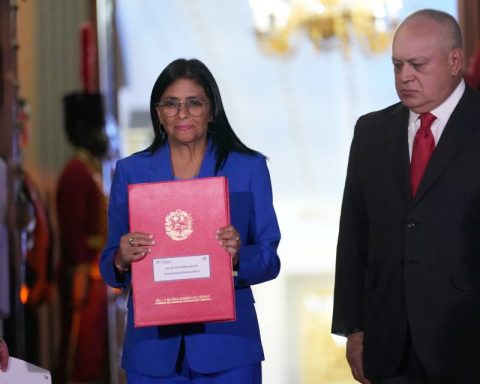AREQUIPA, Peru – The Green Cross NGO will send the first group of Cuban doctors to Honduras to work for 21 days.
A report from the portal Marti News reports on the new program, which represents an alternative to the Cuban regime’s business that has been exporting health professionals for decades under risky and unfavorable conditions.
Taimy Venereo, president of the organization, explained to the media that the doctors who will go to Honduras will be earning between 250 and 300 dollars a day and would receive a direct deposit so that the professionals have access to their full salary.
This payment system contrasts with the so-called “medical missions” of the Castro regime, through which the island’s dictatorship pockets between 75% and 90% of the salaries paid by the States of the receiving countries.
Venereo also assured that the safety of the doctors in Honduran territory would be guaranteed, another difference with the missions of the Cuban regime.
“Our purpose is to help Cuban doctors that are around the world “While not practicing their profession, they have a way to channel their knowledge and help vulnerable communities. All this from respect for the professional, serving as a bridge between the needy and the doctor,” said the director.
In this regard, The Green Cross is seeking to hire Cuban doctors in other countries and is open to receiving colleagues from the island who are available to travel.
When the program was announced last March, Julio César Alfonso, founder and director of Solidarity Without Borders, said at a press conference that the initiative could benefit more than 33,000 Cuban doctors in the U.S. along with many others of different nationalities “who will not go to work as slaves.”
Before the end of the year, Alfonso said, “direct contacts” are being established with governments of Latin American countriesamong which he mentioned Haiti, Honduras, El Salvador, the Dominican Republic, Argentina and Peru, among others.
“This is a real and tangible alternative to what a mission is medicalnot what Cuba has done with missions that only serve the interests of the Government (…) That is human trade,” highlighted Alexei Lopez, from the organization The Green Cross.
Cuban medical missions
The calls “Cuban medical missions” They have been widely criticized by the international community and described by multilateral organizations as a “form of modern slavery.”
At the end of last year, the United Nations (UN) put the Cuban regime in the spotlight for their violations of the human rights and labour issues, especially with regard to its medical professionals deployed on “international missions”. The accusation also implicates host countries such as Italy, Qatar and Spain.
For his part, Tomoya Obokata, UN Special Rapporteur on Contemporary Forms of Slavery, in November 2023 led a letter to the Cuban representation before the Human Rights Council, in which it warns about the persistence of patterns that resemble “forced labor,” as defined by the indicators of the International Labor Organization (ILO).
The Cuban “missions”which include professionals from various fields such as doctors, teachers, engineers, and artists, among others, are described as situations of labor exploitation in the destination countries. The report points to inadequate salaries, confiscation of passports, restrictions on movement and surveillance by Cuban government agents, as well as cases of sexual harassment or violence, threats and physical violence.
The text also mentions ongoing accusations based on testimonies from Cuban exporters and analyses of agreements and contracts, highlighting “numerous violations of basic human rights.” The special rapporteur emphasizes the importance and value of Cuban medical cooperation at the international level, but highlights concerns about violations of fundamental rights such as privacy, freedom of expressionassociation and circulation.
In response to these allegations, the Permanent Mission of Cuba before the Human Rights Council has denied applying pressure or reprisals to those who choose not to participate in these missions. However, Obokata maintains that many professionals are forced to participate due to coercion by the Cuban regime and factors such as poverty and limited availability of employment on the Island.
